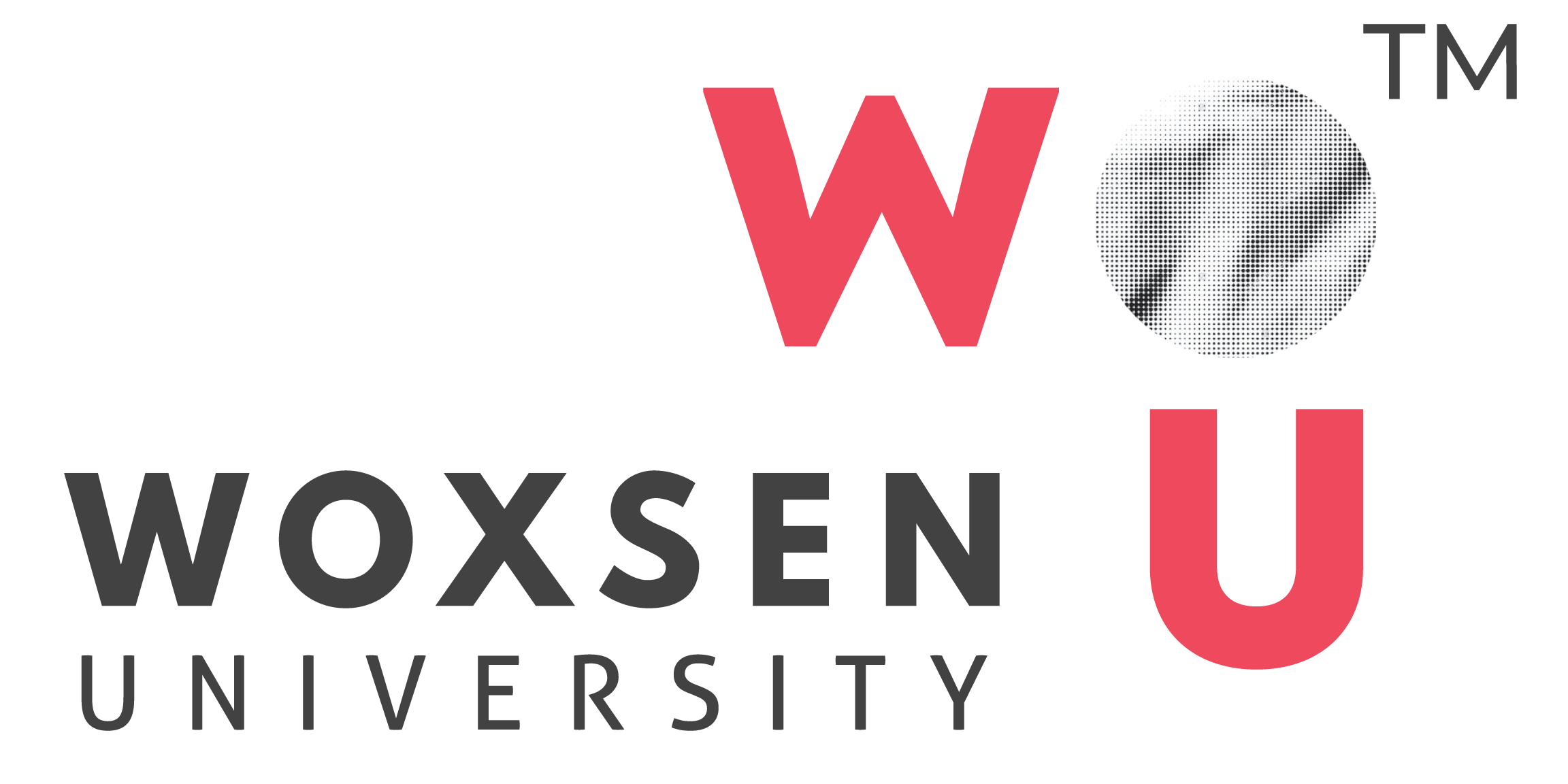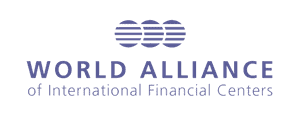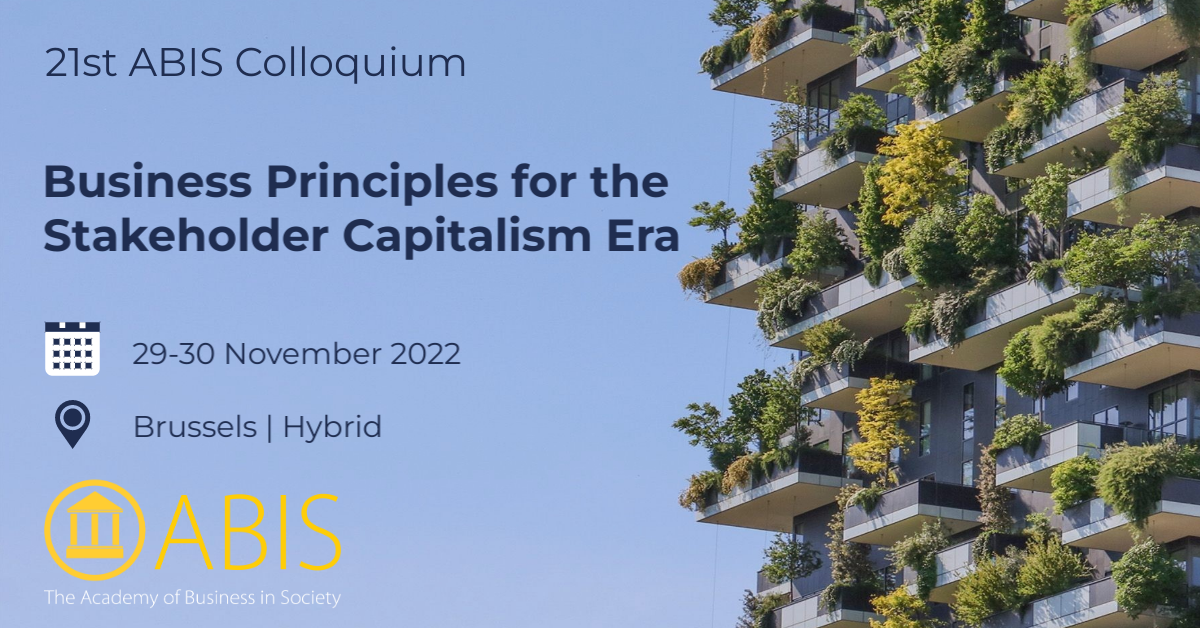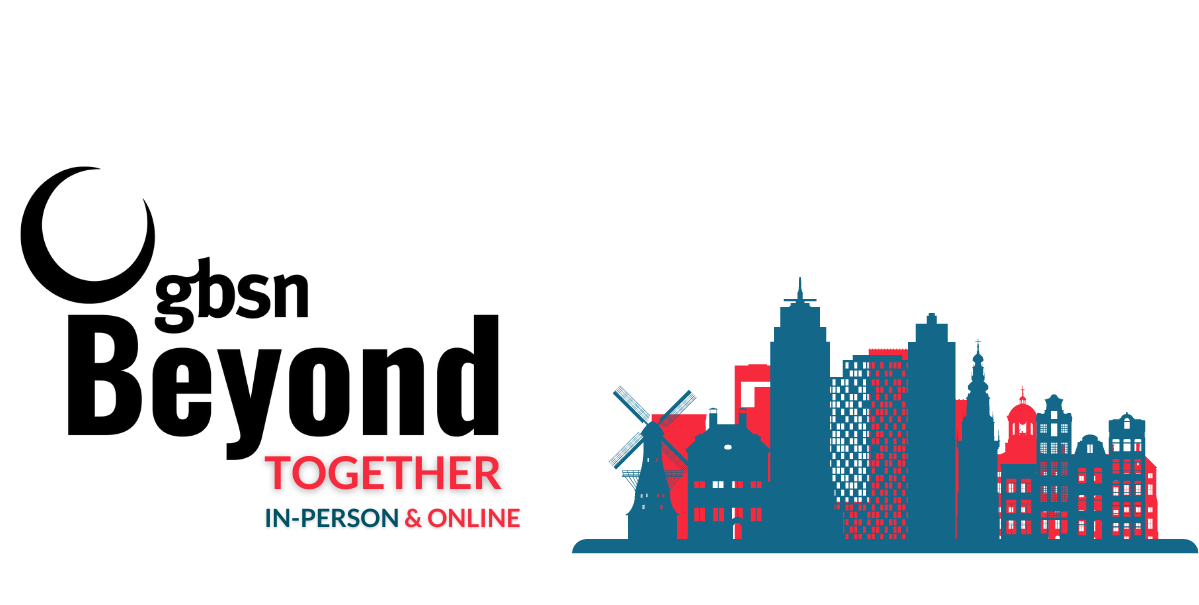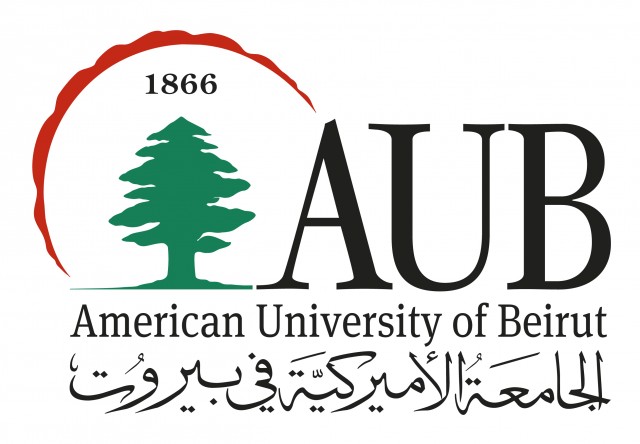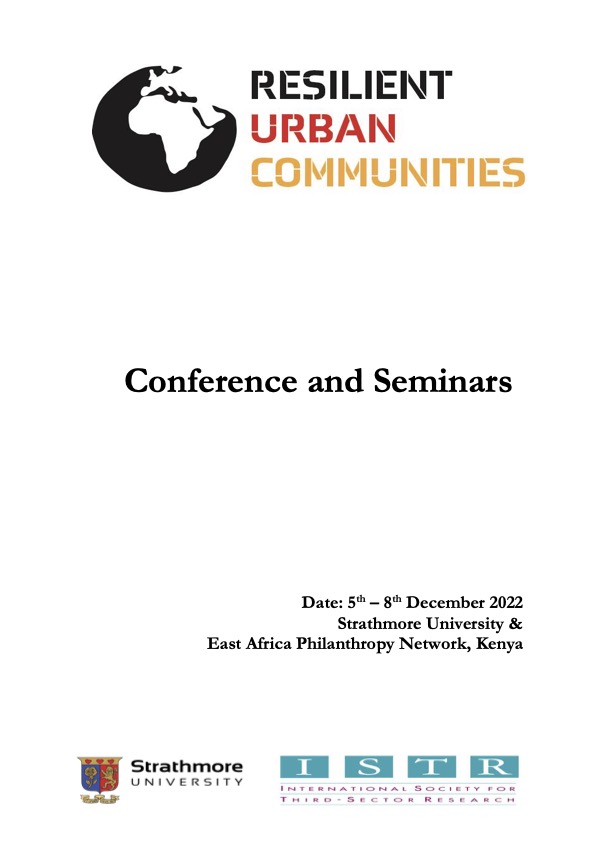We invite young academics to submit papers or essays on the future of a sustainable and inclusive financial sector.
The global financial sector continues to evolve rapidly with new technologies enabling the digitization of money, innovative trends involving artificial intelligence and DLT, and a greater focus on financing SMEs and financial inclusion. We see a long-term transition toward a sustainable financial industry, while there is a need to support the economic recovery from the pandemic in the short term.
We invite young academics to submit papers or essays addressing one of the following topics:
- The future of financial literacy and education in International Financial Centers (IFCs), and how IFCs can support people of all ages.
- How do the financial centers support talent development and re-skilling, particularly regarding sustainability and fintech? How can the financial sector remain an attractive employer for young talent?
- The role of IFCs in promoting environmental, social, and governance (ESG) practices in finance.
- The role of IFCs in financing the circular economy.
- How can IFCs foster gender diversity in the financial industry?
- What role can IFCs play in promoting financial inclusion and accessibility?
We will also consider papers on topics that are relevant to the work of international financial centers but not listed above. Papers must be either unpublished or published no earlier than 2022. An English translation is required if the paper is written in a different language.
The top three finalists will have the privilege of presenting their research at WAIFC’s Annual General Meeting in New York City in October 2023. Our Chair will announce the winner of the best paper and award a prize of €3,000. The runners-up will be awarded prizes of €2,000 (2nd place) and €1,000 (3rd place).
Applications to submit papers or essays may be made no later than 15 May 2023. Final papers or essays must be submitted no later than 15 June 2023.
Who can enter?
We invite young academics from around the world to make a submission. WAIFC is a global organization, and we aim to make this a global competition. The Award is open to all countries, including non-WAIFC member countries. As our focus is on finance, we particularly encourage submissions from students, Ph.D. students, post docs, or junior professors in finance, economics, mathematics, computer science, or other similar fields to participate. We are, however, seeking new ideas, so a background in any field of study is welcome as long as your paper or essay relates to finance and meets our submission criteria. Submissions are welcome from those in universities, research institutes, think tanks, and other similar institutions.
Multiple authors can contribute to a paper or essay, but as we are seeking ideas from bright young minds, at least one author must be under the age of 35 as of 15 June 2023.
How will the winners be selected?
We will assess the papers against the following criteria: (1) novelty, (2) topicality, (3) innovative thinking, (4) scientific merit, (5) relevance for financial centers, and (6) practical applicability.
How to apply?
Applications to submit your paper or essay may be made no later than 15 May 2023 via our submission form. Your final paper or essay must be submitted no later than 15 June 2023.
Full details on who can enter, how to enter, assessment criteria, etc. are detailed within our Award Handbook. If you have any further questions, please email award@waifc.finance.
We look forward to receiving your submissions and hopefully meeting you in New York later this year.
About the WAIFC
The World Alliance of International Financial Centers (WAIFC) is a non-profit association registered in Belgium, representing 27 leading international financial centers across five continents. WAIFC members are government agencies, associations, and similar institutions developing and promoting their financial centers. WAIFC facilitates cooperation between its members, exchanging best practices and communication with the general public.




